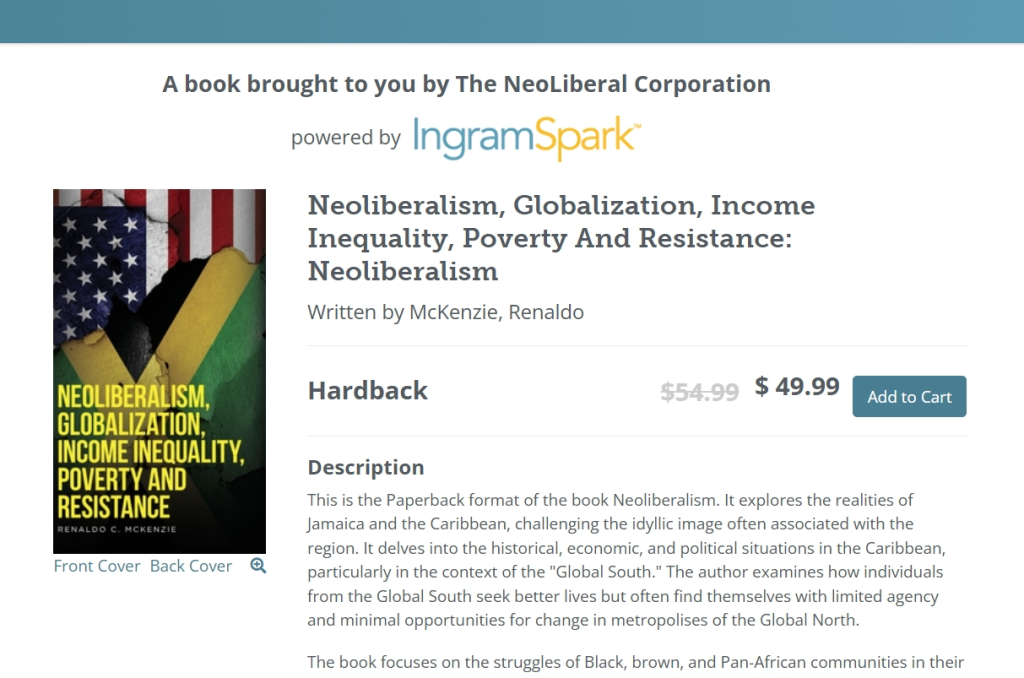As the upcoming presidential elections approach, the issue of illegal immigration and border security remains a hotly debated topic. The conversation around effective border security, however, has too often centered on a familiar and flawed approach—simply increasing the number of border agents. While this might seem like a straightforward solution, it fails to address the underlying problems that contribute to the persistence of illegal immigration.
Many entities, both legal and illegal, profit from the flow of undocumented immigrants across the border. From exploitative labor markets to criminal networks, the system as it stands encourages the very activity it claims to combat. Increasing border agents only adds more layers to a system that has proven ineffective at curbing the issue. It is an expensive Band-Aid solution that misses the bigger picture.
What is needed is a broader reconsideration of international competition between nations, which often drives migration as people flee instability, poverty, and violence in search of better opportunities. Global economic inequities push individuals to leave their home countries, and until these root causes are addressed, no amount of border enforcement will fully resolve the issue.
In this context, the most pragmatic border security policy may very well be what former President Donald Trump once proposed—a physical border wall. While controversial, the idea of a wall, partially funded by Mexico, could provide a tangible solution that directly addresses illegal crossings. This policy would not only create a clear demarcation of national borders but would also force cooperation between the U.S. and Mexico, fostering a shared responsibility in managing migration.
Critics argue that a border wall is overly simplistic, and they are not entirely wrong. However, in an environment where more complex solutions have failed to stem the tide of illegal immigration, a structural barrier coupled with the right diplomatic efforts may offer the most viable option available. Mexico, for its part, should be incentivized to support this initiative, as stable and managed migration benefits both countries.
In conclusion, the time for superficial solutions is over. Border security demands a holistic approach, but one that includes practical measures like a border wall, in tandem with broader reforms that address the deeper economic and geopolitical issues driving immigration. As we move forward in the presidential race, this discussion must remain at the forefront, but with new thinking that moves beyond tired, ineffective strategies.
MAIN POINT: As the upcoming presidential elections bring the issue of illegal immigration and border security to the forefront, it is important to rethink traditional approaches. Simply increasing the number of border agents has proven ineffective and counterproductive, as various entities profit from the continued flow of undocumented immigrants. A more viable and sustainable solution, outside of addressing global economic disparities, may be what Donald Trump previously proposed—a border wall, partially funded by Mexico. This approach could offer a practical means of managing illegal immigration while fostering cooperation between the United States and Mexico.

Renaldo McKenzie, The Neoliberal Journals, The Neoliberal Post




